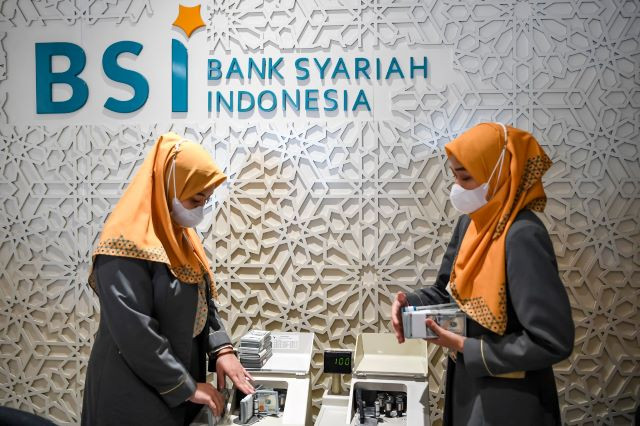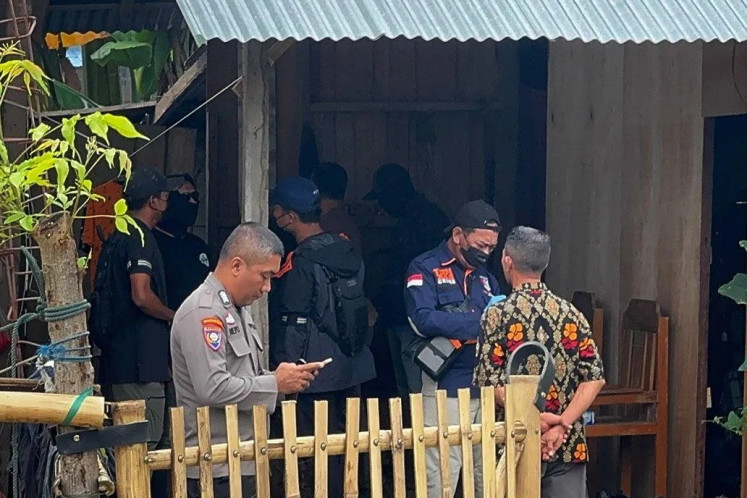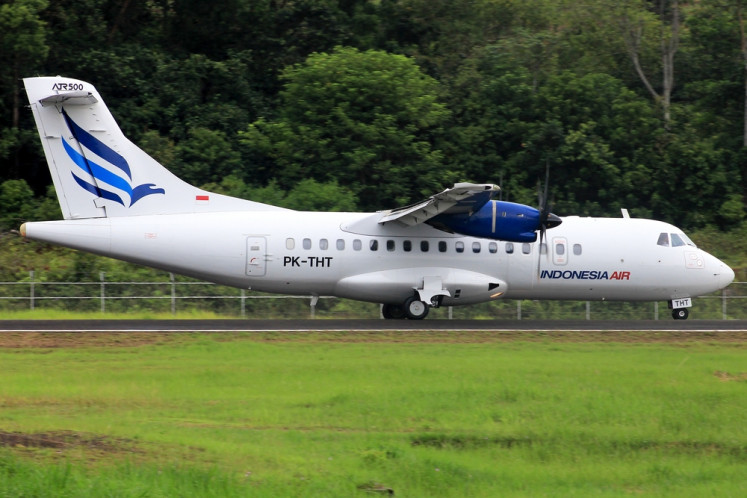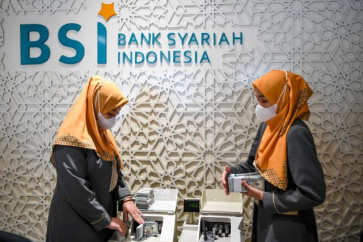Popular Reads
Top Results
Can't find what you're looking for?
View all search resultsPopular Reads
Top Results
Can't find what you're looking for?
View all search resultsWhat Islamic finance brings to climate resilience
Islamic finance is rooted in asset backing and risk sharing, so it is inherently aligned with sustainability principles and well-positioned to finance adaptation efforts, especially in regions most vulnerable to climate change.
Change text size
Gift Premium Articles
to Anyone
A
s ministers representing the 57 member countries of the Islamic Development Bank (IsDB) Group gather in Algiers for the bank’s 51st annual meeting, the devastating effects of climate change are impossible to ignore.
Wildfires are consuming entire communities, floods are displacing millions of people and heat waves are claiming hundreds of thousands of lives. Such extreme weather events are no longer anomalies; they are the new normal, threatening lives and livelihoods in the world’s most climate-vulnerable regions, especially in the Global South.
Conventional wisdom holds that for resource-dependent economies, climate action is a matter of economic survival, while for developing economies, it offers a pathway to sustainable growth and development. But many economies fall into both categories, developing and resource-dependent, compounding the challenge of designing and implementing effective climate strategies.
While a comprehensive strategy for building climate resilience is essential to strengthening developing economies’ ability to withstand shocks, resilience and adaptation must go hand in hand. For vulnerable countries, this may involve reinforcing infrastructure to protect against flooding, investing in drought-resistant crops and diversifying income sources to reduce dependence on climate-sensitive sectors.
But conventional modes of resilience financing remain constrained, in terms of both sources and delivery mechanisms. As a result, vital social safeguards and support systems are often underfunded or insufficient.
Given this reality, financial innovation must become a central pillar of climate resilience. To that end, financial institutions, governments and other stakeholders must work together to develop new financing mechanisms aimed at protecting climate-vulnerable regions.
Encouragingly, several innovative financing funds and mechanisms have emerged to support resilience and adaptation efforts.



















